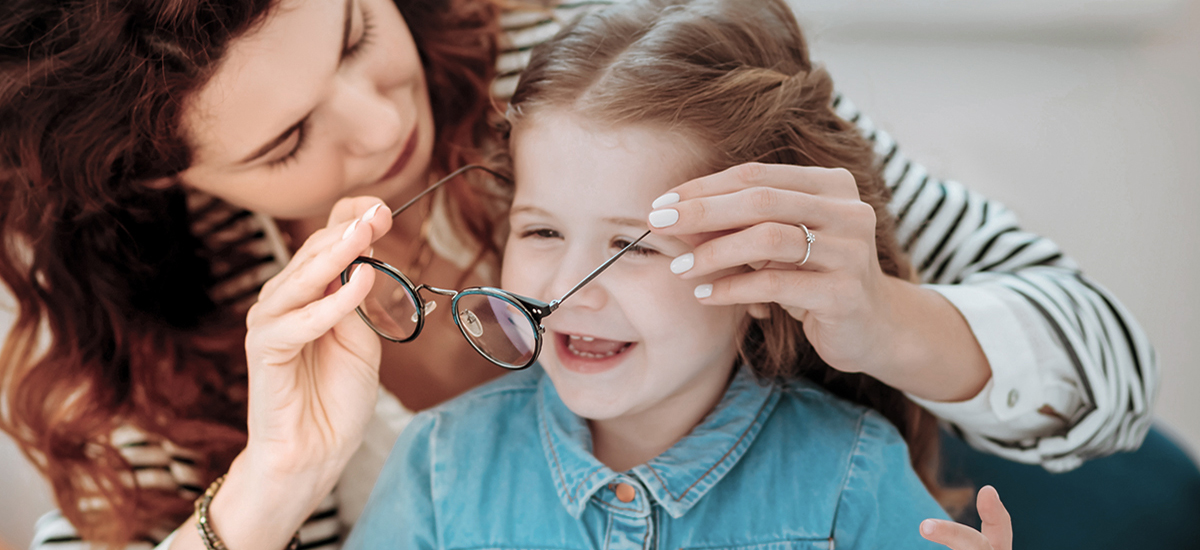How to Take Care of Your Eyes After 40

Did you know you have a higher likelihood of eye issues after you turn 40? Vision complications may arise if you have one of these conditions:
- Age-related macular degeneration (AMD) or glaucoma in your family
- Diabetes
- High blood pressure
- Other medical issues that require prescription medicine
During your 40s, your eye lenses might also stiffen, which can result in a refractive error called presbyopia. This can cause problems in concentrating on things close to your face.
By being at risk for numerous eye issues due to aging eyes, you might wonder how to take care of your eyes after 40. Let’s take a look at how your vision may change with age and what you can do to protect your eye health.
Vision changes with age but what is normal?
According to the American Optometric Association (AOA), aging eyes may experience the following vision changes:
- A decreased tear flow
- A requirement for additional light to see well
- Extra glare on the road, such as from oncoming traffic
- Issues differentiating between colors
- Trouble concentrating on and performing close-up activities
If you experience any significant changes in vision, we recommend calling your eye doctor right away. This could indicate diabetes or high blood pressure, which can impact your retinal blood vessels located behind your eye and contribute to a complete loss of eyesight.
Another symptom to watch for is eye floaters. These are normal for aging eyes. However, if the floaters become more frequent or if you notice any light beams in your eyes, we suggest contacting your Independent Doctor of Optometry as soon as you can. These symptoms may signify an injury to your retina, which may impair your eyesight if left untreated.
How to Take Care of Your Eyes After 40
Aging eyes need just as much care as children’s eyes. Interested in learning how to take care of your eyes after 40? These simple tips should help:
Tip #1: Eat more antioxidants.
One of the top ways to improve your eye health in your 40s is to work on your eating habits. The AOA recommends adding plenty of antioxidants into your diet, including lutein and zeaxanthin, omega-3s, vitamin C, vitamin E, and zinc. When taken together, these antioxidants may decrease your likelihood of getting many age-related eye diseases, such as AMD and cataracts.
Tip #2: Exercise to improve blood circulation.
Diabetic retinopathy can affect anyone, especially those with diabetes or high blood pressure. To help your eyes after 40, get your blood flowing with a new workout routine. Establishing an exercise regimen may decelerate or deter diabetic retinopathy.
Tip #3: Schedule a comprehensive eye exam every year.
A top way on how to care for your eyes after 40 is to schedule regular appointments with your eye doctor. We recommend a comprehensive eye exam once per year to give your optometrist a chance to check your eye health and anatomy, which can help them identify eye diseases, refractive errors, and other issues.
Summary: Protecting Your Eye Health After 40
In your 40s, you may have a higher chance of getting presbyopia, a refractive error that affects aging eyes. This condition may make it challenging for you to see things up close and even require you to need extra light to see at all. You might also experience more glare than usual when driving and an impaired tear flow.
While these symptoms are nothing to worry about, there are times when you may need to visit the eye doctor that same day. For instance, if you’ve noticed multiple eye floaters or if you’ve had any major vision changes, an optometrist will want to check for eye diseases and other issues.
So, what are the steps on how to take of your eyes after 40, when you’re most at risk for these issues? We recommend having more antioxidants, establishing a new exercise regimen, and booking an annual comprehensive eye exam.
Use these tips, and keep your eyes safe the older you get.
Book your eye exam at For Eyes
Have you had your annual comprehensive eye exam? Schedule an appointment with an Independent Doctor of Optometry at your local For Eyes.











